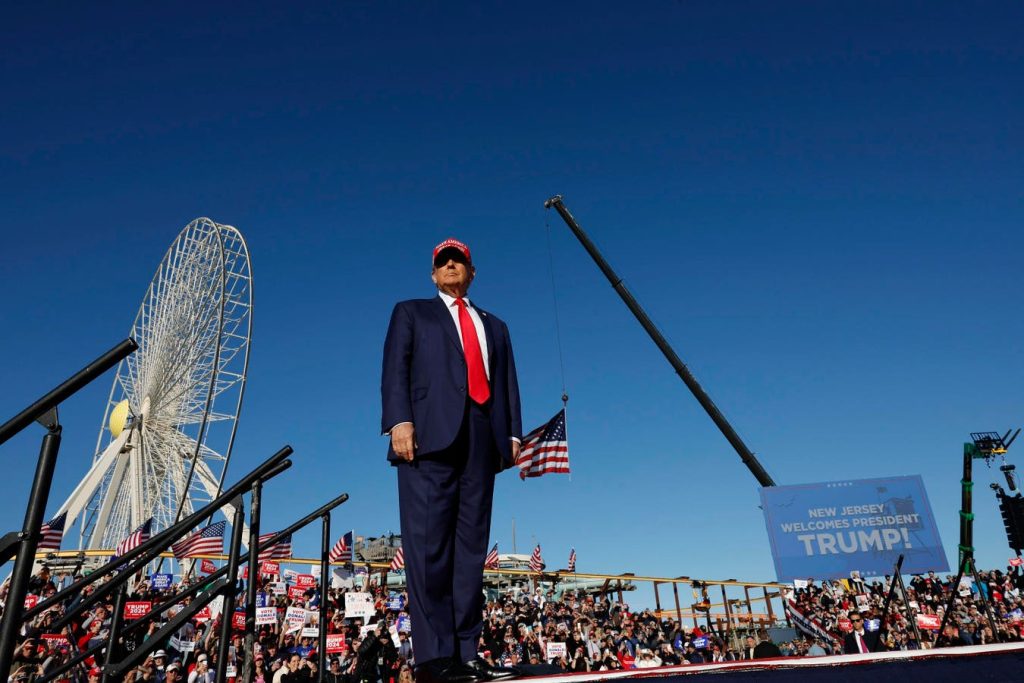The GOP-led House recently advanced the “Safeguard American Voter Eligibility (SAVE) Act,” which aims to prevent noncitizens from voting in federal elections by requiring voters to provide documentation proving their citizenship. Despite federal law already prohibiting noncitizens from voting and studies showing that noncitizen voter fraud rarely occurs, Republicans supporting the bill have echoed former President Donald Trump’s baseless claims of widespread noncitizen voting.
Under current law, voters must swear on their registration forms that they are U.S. citizens, but they are not required to provide proof of citizenship. Studies have shown that the existing system works well, with audits revealing minimal instances of noncitizens attempting to register to vote, and no evidence of noncitizens actually voting. In fact, the liberal Brennan Center for Justice found only 30 incidents of suspected noncitizen voter fraud in the 2016 election, casting doubt on claims of widespread illegal voting.
Despite these findings, the GOP continues to push for stricter regulations on voter eligibility, fueled by Trump’s claims of election fraud. Rep. Joe Morelle, the top Democrat on the House Administration Committee, warned that promoting this narrative of noncitizen voting could fuel misinformation and distrust in the electoral process. However, some polls show that a significant portion of voters view immigration as a top concern, with many believing Trump would handle the issue better than President Joe Biden.
Trump’s rhetoric on immigration and voting has been a central theme, with him accusing the Biden administration of allowing undocumented immigrants to vote and claiming he lost the popular vote in 2016 due to illegal voting. Elon Musk has echoed these claims, alleging treason in the Biden administration’s immigration policies. Despite efforts by the House to roll back laws allowing noncitizens to vote in local elections, the chances of these bills passing the Senate or being signed into law by Biden are slim.
Overall, the debate over noncitizen voting in federal elections is a contentious issue that is heavily influenced by partisan politics and unsubstantiated claims. While the GOP continues to push for stricter voter eligibility requirements, studies show that noncitizen voter fraud is extremely rare. The narrative surrounding immigration and voting has become a divisive issue, with both sides using it to rally their base and advance their political agendas. In the end, the likelihood of the “SAVE Act” becoming law is minimal, but the broader implications of this debate on trust in the electoral system remain significant.













